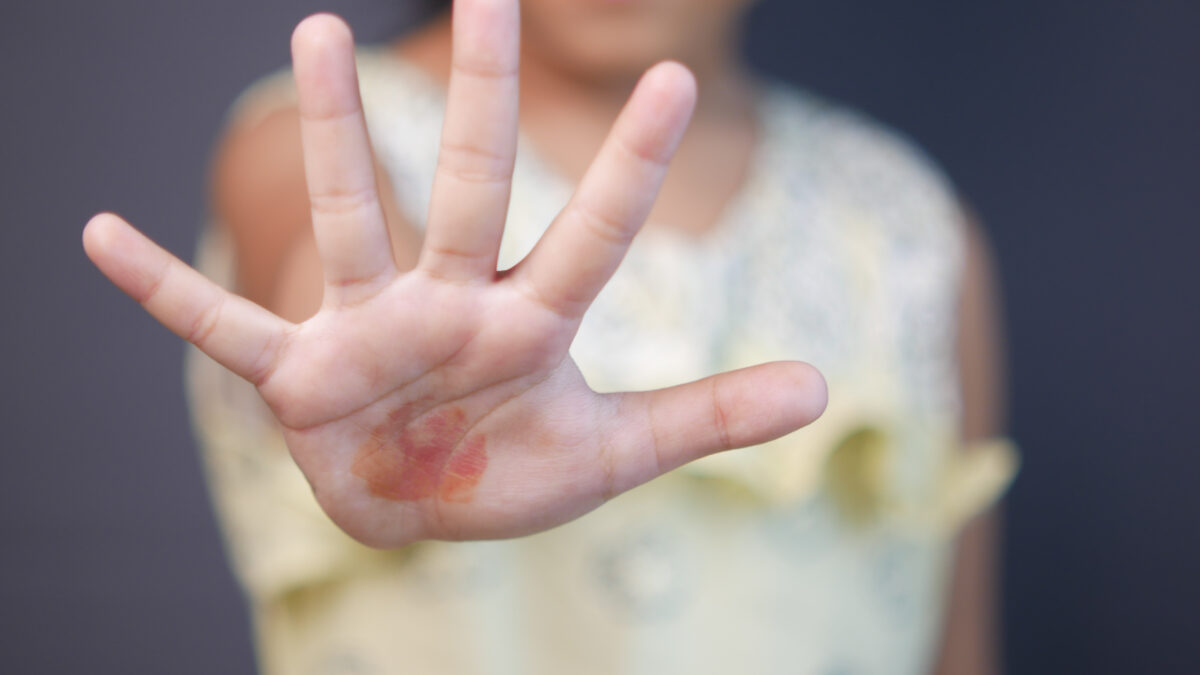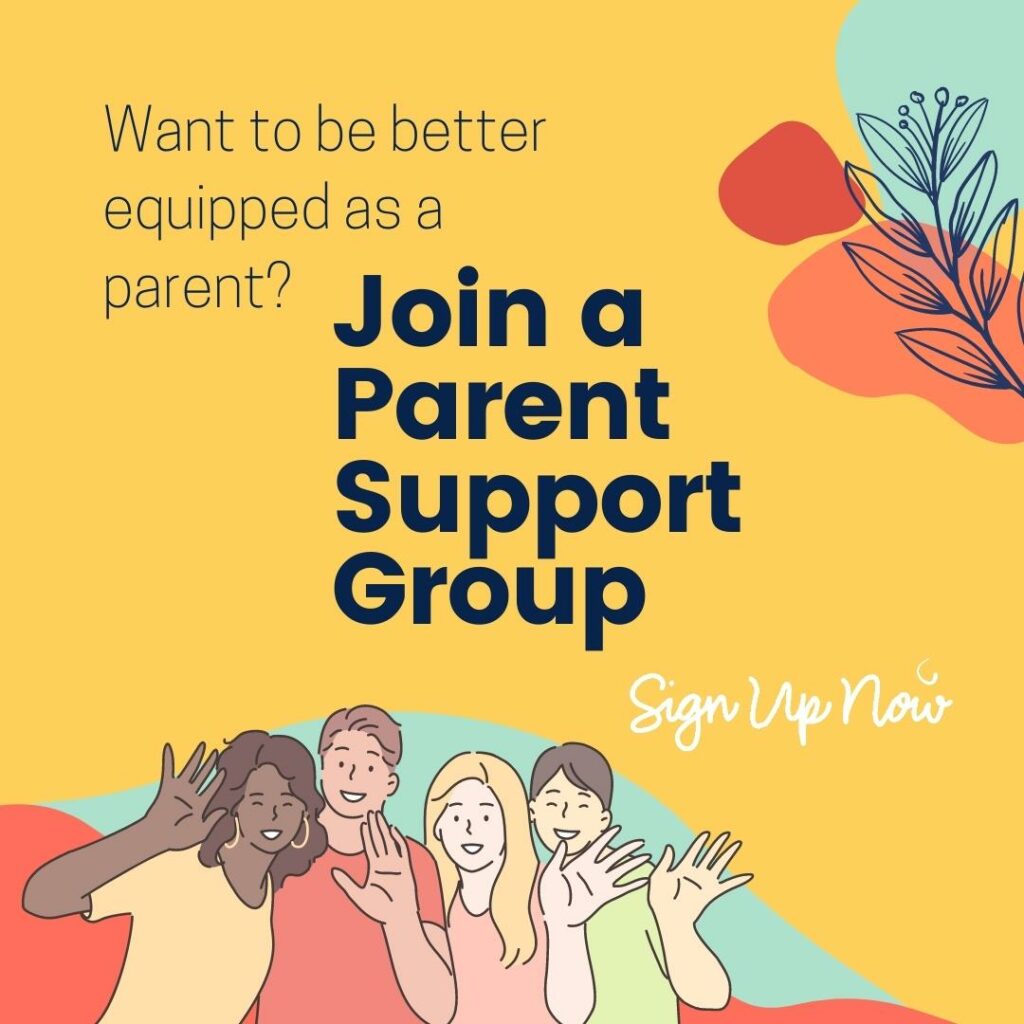Parenting has its rewards and challenges, one of which is dealing with the dynamics of children’s interpersonal relationships. It’s heart-wrenching to witness or hear about another child being mean to your own. But how should you react, and what steps can you take? This guide will offer actionable insights.
Recognising Signs of Bullying
Before you can take appropriate action, it’s essential to distinguish between isolated incidents of mean behaviour and repeated bullying. Not every negative interaction falls under the category of bullying. Recognising signs is crucial. Look for patterns of exclusion, verbal taunts, or physical harm directed towards your child over an extended period.
Distinguishing Between Isolated Incidents and Repeated Bullying
It’s natural for parents to be concerned when their child comes home upset due to the actions of a peer. However, it’s important to differentiate between an isolated incident and a pattern of bullying.
Here’s how to make the distinction:
Frequency: One of the key indicators of bullying is repetition. If your child is being targeted consistently over time by the same individual or group, it’s more likely to be bullying. An isolated incident, while still concerning, doesn’t carry the same repeated intent to harm or dominate.
Power Imbalance: Bullying often involves a power differential, where one child (or group of children) tries to exert dominance over another. Look for signs that your child feels powerless or dominated by the other party.
Intent: It’s essential to gauge the intent behind the actions. Children can sometimes be mean without intending long-term harm. However, bullying usually involves a clear intent to harm, embarrass, or isolate the victim.
Response to Intervention: How do the involved parties react when adults intervene? A child involved in an isolated mean incident might show remorse and avoid such behaviour in the future. In contrast, bullies might persist in their behaviour, even after being confronted or punished.
Emotional Impact: Both isolated incidents and bullying can be hurtful, but bullying often leaves deeper emotional scars due to its repetitive nature. If your child is increasingly withdrawn, anxious or shows a significant change in behaviour or mood, it could indicate ongoing bullying.
Situational Factors: Sometimes, external factors can lead to mean behaviour. For instance, a child who’s usually friendly might act out due to a personal crisis, like a family issue. It’s crucial to consider the broader context.
Remember, while isolated incidents don’t have the repetitive nature of bullying, they still need to be addressed. Each situation can negatively impact a child’s well-being and warrants attention. Understanding the difference ensures that the response is both effective and appropriate
How Do You React When Another Child Hurts Your Child?
Reacting emotionally is a natural instinct for parents. However, it’s crucial to remain calm and avoid escalating the situation.
- Stay Calm: Approach the situation with a composed demeanour. This not only sets an example for your child but also ensures the matter is resolved effectively.
- Listen Actively: Before making any judgments, listen to your child and any witnesses to get a comprehensive understanding of what occurred.
- Avoid Immediate Confrontation: It’s tempting to confront the other child or their parents. Instead, take a moment to assess the best course of action and determine if a discussion is warranted.
How Do I Help My Child with Mean Friends?
Seeing your child interact with mean friends can be concerning. Here’s how you can help:
- Open Communication: Encourage your child to express their feelings about their friends. Understand their perspective before offering advice.
- Empower Decision Making: Rather than deciding for them, guide your child to make informed choices about their friendships.
- Teach Conflict Resolution: Equip your child with tools to address and resolve conflicts in a peaceful manner.
Empowering Techniques for Kids Facing Mean Behaviour
Children, while resilient, can benefit significantly from being armed with strategies to deal with bullying or mean behaviour. Here are some empowering techniques parents can teach their kids:
The “Okay” Strategy: Instead of retaliating or internalising hurtful words, teach your child the power of “okay.” This strategy involves acknowledging the comment without letting it dictate their self-worth.
Example:
Bully: “You’re not my best friend anymore!”
Child: “Okay.”
Bully: “So you know you’re dumb, right?”
Child: “Okay, you think I’m dumb.”
The “Walk Away” Technique: Not every battle is worth fighting. In some situations, especially those that seem to escalate, the best reaction might be no reaction. Teach your child that walking away from negativity can be a strength, not a weakness. If they ever feel threatened, they should immediately seek a trusted adult.
Deep Breathing: Encounters with bullies can be emotionally taxing. Deep breathing exercises can help your child remain calm, composed, and think clearly even under stress.
Seek Allies: There’s strength in numbers. Encourage your child to spend time with supportive friends or classmates, especially during times they might feel most vulnerable, like recess or after school.
Reach Out for Help: Stress the importance of seeking assistance when the weight of the situation becomes too heavy. Whether it’s a parent, teacher, or school counsellor, there are many people ready and willing to offer a helping hand. Ensure your child knows that they don’t have to face these challenges alone.
By arming your child with these techniques, you’re not only preparing them for potential confrontations but also instilling confidence, resilience, and the importance of self-care.
Should You Discipline Someone Else’s Child?
It’s a controversial topic. In general, it’s best to avoid disciplining someone else’s child unless you’ve been entrusted with their care or it’s a matter of immediate safety. Instead, address concerns with their parents and let them handle discipline. You could invite open and respectful dialogue, “I noticed an incident between our children. I thought it would be best for us to discuss it to ensure they both have a positive environment.”
In Conclusion
Parenting requires navigating the tricky terrain of child interactions. While challenging, it offers an opportunity to teach vital life skills. With patience, understanding, and the right approach, we can guide our children through these experiences, fostering resilience and empathy.
For more insights on parenting, check out our related article on 5 Ways To Raise Confident Kids.. Share your thoughts or experiences in the comments!



